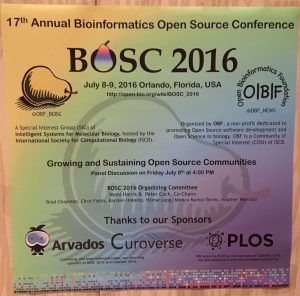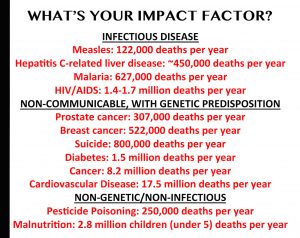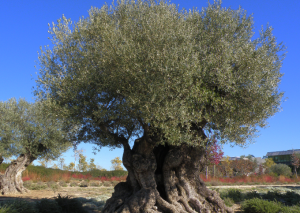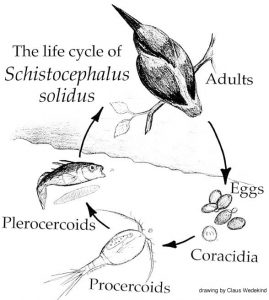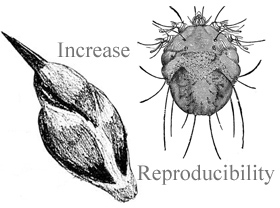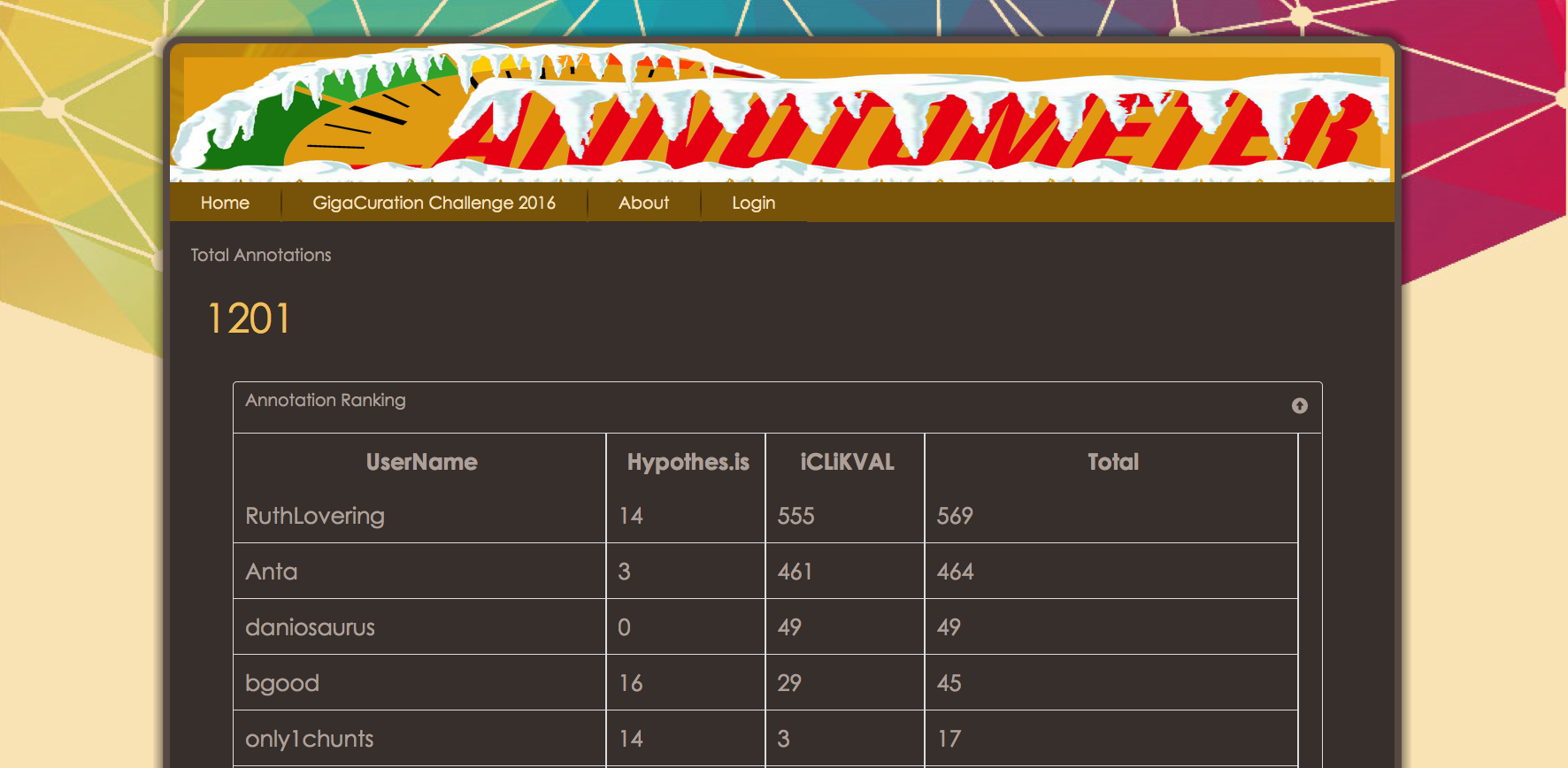
Building an open, community-supported, e-infrastructure for medical metabolomics data. The European Union’s Horizon 2020 research and innovation programme is funding the PhenoMeNal (Phenome and Metabolome aNalysis) project that aims to support data processing and analysis pipelines for molecular phenotype data generated from metabolomics applications.

